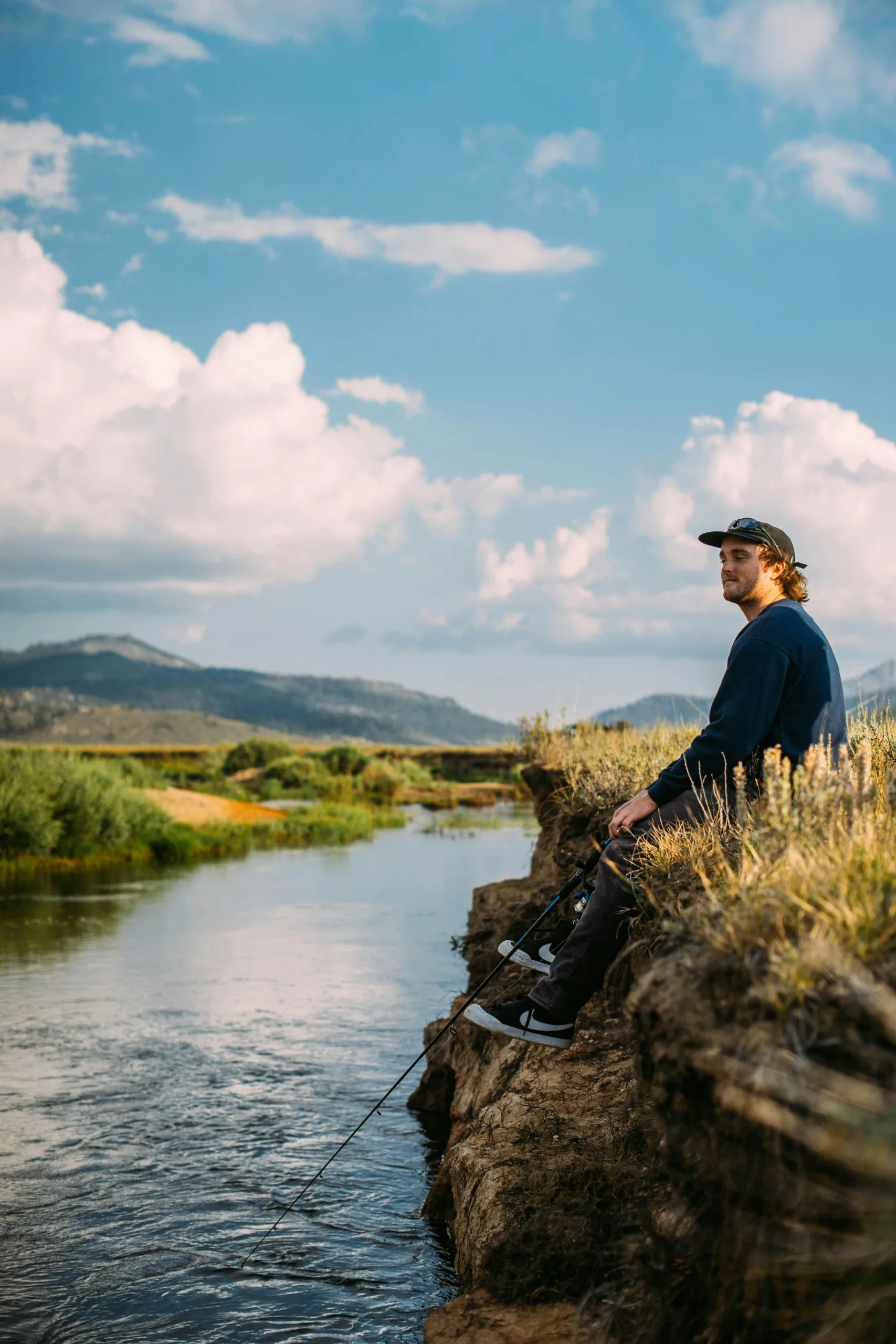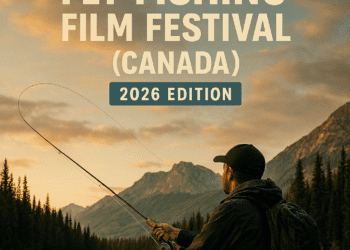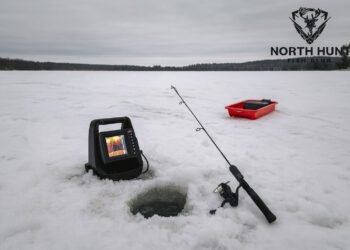
Fishing presents a world of excitement and challenge for outdoor enthusiasts, where mastering the waters can turn a simple outing into an unforgettable adventure. Whether you’re casting a line in tranquil freshwater streams, braving the vast expanse of the ocean for saltwater fishing, or perfecting the art of fly-fishing techniques, each method demands its own unique set of skills and knowledge. For both seasoned anglers and eager beginners, understanding the nuances of various angling methods can greatly enhance the fishing experience. This guide dives deep into essential fishing tips and best fishing practices, shedding light on everything from selecting the right fishing gear to identifying prime fishing locations. Join us as we explore the captivating world of fishing, where passion meets patience and every catch tells a story. For more in-depth information on fly fishing techniques, check out this comprehensive guide on mastering the art of fly fishing.
Freshwater Fishing Techniques
Freshwater fishing offers a diverse range of experiences, from serene lake fishing to the excitement of river angling. This section covers essential techniques, gear, and locations for successful freshwater fishing adventures.
Top Freshwater Fishing Tips
Mastering freshwater fishing requires a combination of knowledge, skill, and patience. Here are some top tips to enhance your freshwater angling experience:
Understand your target species: Research the fish you’re after, including their habits, preferred habitats, and feeding patterns.
Match your bait to the season: Use lures and baits that mimic the natural food sources available during different times of the year.
Practice stealth: Many freshwater fish are easily spooked. Move quietly and avoid casting shadows over the water.
Remember, the key to successful freshwater fishing often lies in reading the water and identifying potential fish-holding structures such as submerged logs, weed beds, or drop-offs.

Essential Freshwater Fishing Gear
Having the right gear can make or break your freshwater fishing experience. Here’s a list of essential items:
Rod and reel: Choose a versatile combo suitable for the type of fishing you plan to do.
Line: Opt for monofilament or fluorocarbon, depending on water clarity and fish species.
Lures and baits: Stock a variety, including plastic worms, crankbaits, and live bait options.
Don’t forget accessories like pliers, a net, and a tackle box to keep your gear organized. For beginners, a simple spinning rod and reel setup with a selection of basic lures is often sufficient to get started.
Investing in quality gear can enhance your fishing experience and improve your chances of success on the water.
Prime Freshwater Fishing Locations
Identifying prime fishing spots is crucial for a successful outing. Here are some top freshwater fishing locations to consider:
Lakes and ponds: Offer a variety of fish species and are often easily accessible.
Rivers and streams: Provide exciting opportunities for species like trout and bass.
Reservoirs: Can be hotspots for large fish, especially around structures and drop-offs.
When selecting a location, consider factors such as seasonality, water levels, and local regulations. Many anglers find success by exploring different spots and keeping a log of their experiences to identify patterns over time.
Remember to always respect the environment and follow local fishing regulations to ensure sustainable fishing practices.
Saltwater Fishing Methods
Saltwater fishing presents unique challenges and rewards, from battling powerful ocean currents to landing trophy-sized fish. This section explores key methods, gear, and locations for successful saltwater angling.
Key Saltwater Fishing Tips
Saltwater fishing requires a different approach compared to freshwater angling. Here are some essential tips to improve your saltwater fishing success:
Understand tides and currents: These factors greatly influence fish behavior and feeding patterns in saltwater environments.
Use appropriate bait: Match your bait to the local prey species that your target fish typically feed on.
Master different casting techniques: Long-distance casting and precision are often crucial in saltwater fishing scenarios.
Patience and persistence are key in saltwater fishing. Sometimes, waiting for the right conditions or tides can make all the difference in your catch success.
For more in-depth strategies, check out this guide on mastering saltwater fly fishing.

Must-Have Saltwater Fishing Gear
Saltwater fishing demands robust and corrosion-resistant gear. Here’s a list of essential equipment:
Rod and reel: Choose heavy-duty options designed to withstand saltwater conditions.
Line: Braided line is popular for its strength and sensitivity in saltwater.
Lures and baits: Include a mix of artificial lures and natural baits suitable for your target species.
Don’t forget safety gear like life jackets and first-aid kits, especially when fishing from a boat. Proper maintenance of your gear, including rinsing with fresh water after each use, is crucial in the corrosive saltwater environment.
Investing in quality saltwater-specific gear can significantly enhance your fishing experience and longevity of your equipment.
Best Saltwater Fishing Spots
Finding productive saltwater fishing spots requires understanding marine ecosystems. Here are some prime locations to consider:
Coastal reefs: Attract a variety of fish species and offer exciting fishing opportunities.
Offshore structures: Wrecks, oil rigs, and artificial reefs are often hotspots for big game fish.
Estuaries and inlets: Where freshwater meets saltwater, creating rich feeding grounds for many species.
Research local hotspots and consider hiring a guide for your first few outings to learn the ropes. Many experienced anglers use GPS to mark productive spots and return to them on future trips.
Always check local regulations and obtain necessary permits before fishing in saltwater areas.
Fly Fishing Techniques and Tips
Fly fishing is an art that combines skill, patience, and an understanding of aquatic ecosystems. This section delves into fundamental techniques, essential gear, and ideal destinations for fly fishing enthusiasts.
Fundamental Fly-Fishing Techniques
Mastering fly-fishing techniques requires practice and finesse. Here are some fundamental skills to focus on:
Casting: Learn the basic overhead cast, roll cast, and false cast to present your fly accurately.
Reading the water: Identify likely fish holding areas such as eddies, riffles, and undercut banks.
Fly presentation: Practice natural drift and proper mending techniques to avoid drag on your fly.
Patience is key in fly fishing. Take time to observe the water and insect activity before casting. This can provide valuable clues about which flies to use and where to present them.
For a comprehensive guide on fly fishing techniques, consider this resource on mastering the art of casting and presentation.

Fly Fishing Gear Essentials
Quality gear is crucial for an enjoyable and successful fly-fishing experience. Here’s a list of essential equipment:
Fly rod and reel: Choose a weight appropriate for your target species and fishing conditions.
Fly line and leader: Match these to your rod weight and fishing situation.
Flies: Carry a variety of dry flies, nymphs, and streamers to match local insect hatches.
Don’t forget accessories like waders, a net, and fly boxes. For beginners, a 5-weight rod setup is versatile enough for most trout fishing situations.
Proper care and maintenance of your fly-fishing gear will ensure its longevity and performance on the water.
Ideal Fly-Fishing Destinations
Fly fishing can be enjoyed in various environments, each offering unique challenges and rewards. Here are some ideal destinations to consider:
Mountain streams: Perfect for targeting trout in picturesque settings.
Coastal flats: Offer exciting opportunities for saltwater species like bonefish and permit.
Large rivers: Provide diverse fishing experiences for multiple species.
Research local regulations and consider hiring a guide when fishing in new areas. Many fly-fishing destinations have specific seasons or hatches that can provide exceptional fishing opportunities.
Remember to practice catch and release to help preserve fish populations for future generations of anglers.
Advanced Angling Methods
As anglers gain experience, they often seek to refine their skills and explore more sophisticated fishing techniques. This section covers expert-level methods, innovative practices, and ways to enhance your overall fishing experience.
Expert Catch Techniques
Advanced anglers employ a range of sophisticated techniques to improve their success rates. Here are some expert-level methods to consider:
Sight fishing: This technique involves visually locating fish before casting, requiring keen observation skills and stealth.
Finesse fishing: Using ultra-light tackle and subtle presentations to entice wary fish in clear or heavily pressured waters.
Night fishing: Mastering the art of fishing after dark can lead to impressive catches, especially for nocturnal species.
These techniques often require specialized gear and extensive practice to master. Patience and persistence are key when developing advanced angling skills.
For those interested in saltwater fly-fishing techniques, this guide on saltwater fly fishing for beginners offers valuable insights that can be built upon for more advanced methods.

Innovative Fishing Practices
The world of fishing is constantly evolving, with new technologies and techniques emerging. Here are some innovative practices to explore:
Kayak fishing: Offers access to hard-to-reach spots and a stealthy approach to wary fish.
Drone fishing: Using drones for scouting and even bait delivery in certain situations.
Smart fishing gear: Incorporating technology like fish finders and GPS-enabled lures.
While these innovations can enhance your fishing experience, it’s important to balance technology with traditional skills and knowledge of fish behavior.
Always ensure that any new techniques or technologies you adopt comply with local fishing regulations and ethical angling practices.
Enhancing Your Fishing Experience
Improving your overall angling experience goes beyond just catching fish. Consider these aspects:
Develop a deeper understanding of aquatic ecosystems: This knowledge can inform your fishing strategies and increase your appreciation for the environment.
Experiment with different fishing styles: Try new methods like tenkara or spearfishing to broaden your skills.
Document your fishing journey: Keep a log of your catches, conditions, and observations to refine your techniques over time.
Remember, the joy of fishing often lies in the journey of continuous learning and improvement, not just the catch itself.
For a comprehensive resource on various fishing techniques, consider this guide to mastering the art of fly fishing.
Community and Conservation
Fishing is not just a solitary pursuit; it’s a community-driven activity that plays a crucial role in conservation efforts. This section explores ways to engage with the fishing community, support conservation, and share your angling experiences.
Engaging with the Fishing Community
Connecting with fellow anglers can enhance your fishing experience and knowledge. Here are ways to engage:
Join local fishing clubs: These organizations often offer events, workshops, and shared fishing trips.
Participate in online forums: Discuss techniques, share experiences, and learn from other anglers worldwide.
Attend fishing expos and shows: Great opportunities to see new gear, attend seminars, and meet like-minded enthusiasts.
Engaging with the community not only improves your skills but also fosters a sense of camaraderie among anglers.
Remember, the fishing community is a valuable resource for learning about local fishing spots, regulations, and conservation efforts.

Supporting Fishing Conservation Efforts
Conservation is crucial for the future of fishing. Here are ways to contribute:
Practice catch and release: Helps maintain fish populations, especially for vulnerable species.
Participate in clean-up events: Join or organize efforts to clean up fishing areas and waterways.
Support conservation organizations: Donate or volunteer with groups dedicated to protecting aquatic ecosystems.
By actively participating in conservation efforts, anglers can help ensure that future generations can enjoy the sport and the natural environments it depends on.
Always follow local fishing regulations and encourage others to do the same to protect fish populations and habitats.
Sharing Fishing Stories and Memories
Sharing your fishing experiences can inspire others and create lasting memories. Consider these ways to share:
Start a fishing blog or vlog: Document your journeys and share tips with a wider audience.
Organize fishing trips with friends and family: Create shared experiences and pass on your knowledge.
Contribute to fishing publications: Share your stories and insights through articles or photographs.
Sharing your experiences not only preserves memories but also contributes to the collective knowledge of the angling community.
Remember, responsible sharing of fishing locations and practices helps maintain the integrity of fishing spots and prevents overcrowding.























